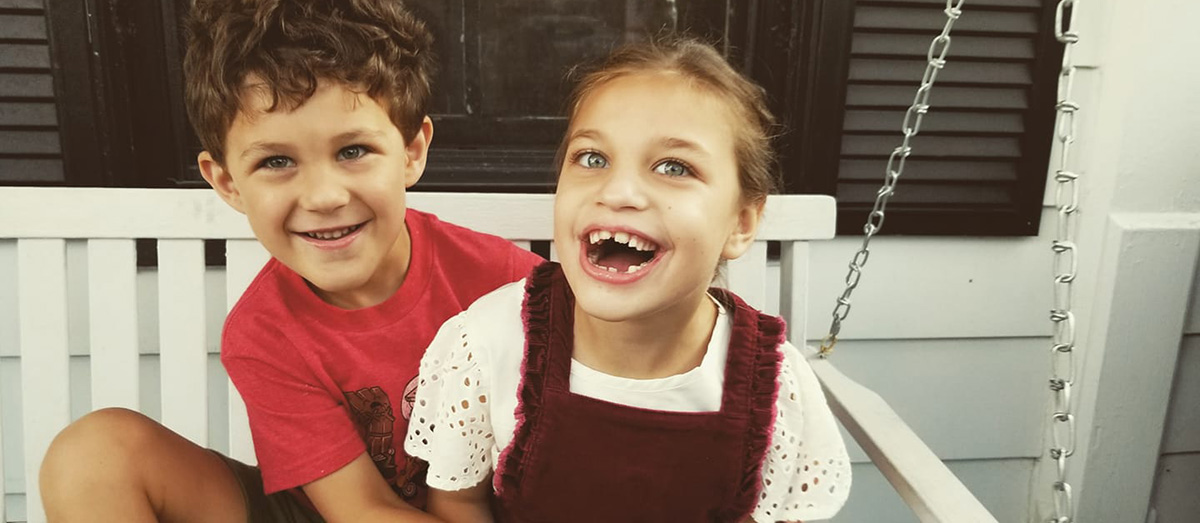Tracking seizures can be incredibly helpful for parents and caregivers alike to help figure out when they happen, whether there are any potential triggers, and whether there are any patterns to the seizures.
This type of information can be helpful to families but also to the child’s health care team. If the team understands how often and when seizures are happening, they can make sure the child is prescribed the most appropriate medicine at the right time and at the right dose.
But it can be difficult to track seizures for a couple of reasons. First, some seizures are so subtle that you and your child might not be aware that he/she had one, like absence or myoclonic seizures. Second, some of the medicines children take and the seizures themselves can cause a teen to forget to write down that they had a seizure because they may not remember. Third, children and teenagers may be at school or a friend’s house when the seizure happens so the caregiver may or may not be aware of when they took place.
Tracking seizures can be very helpful though, especially for children who may be having a lot of seizures that are not well-controlled by medicine or the child is having a lot of different side effects. By tracking seizures, both families and healthcare teams can figure out seizure patterns and perhaps ways to change the treatment plan.
Some parents track their child’s seizures the old fashioned way – with pen and paper – while others have started taking advantage of the apps available on their phones. While there is no perfect system for tracking seizures, parents who tend to gravitate toward digital solutions might find epilepsy and seizure tracking applications useful.
My lab in the Center for Adherence and Self-Management at Cincinnati Children’s tested three epilepsy and seizure tracking applications. Some of our families in clinic have also used these and liked them. The below chart sums up the potential features and benefits we have identified for them:
[raw]
Epilepsy & Seizure Tracking Applications


[/raw]
Like many conditions, epilepsy is one in which older children and teens will need to begin to take ownership for their treatment as they get older. We have found that tracking apps can help bridge that gap – it allows teens to feel empowered while parents can still access the information and understand what’s happening on a daily basis.







